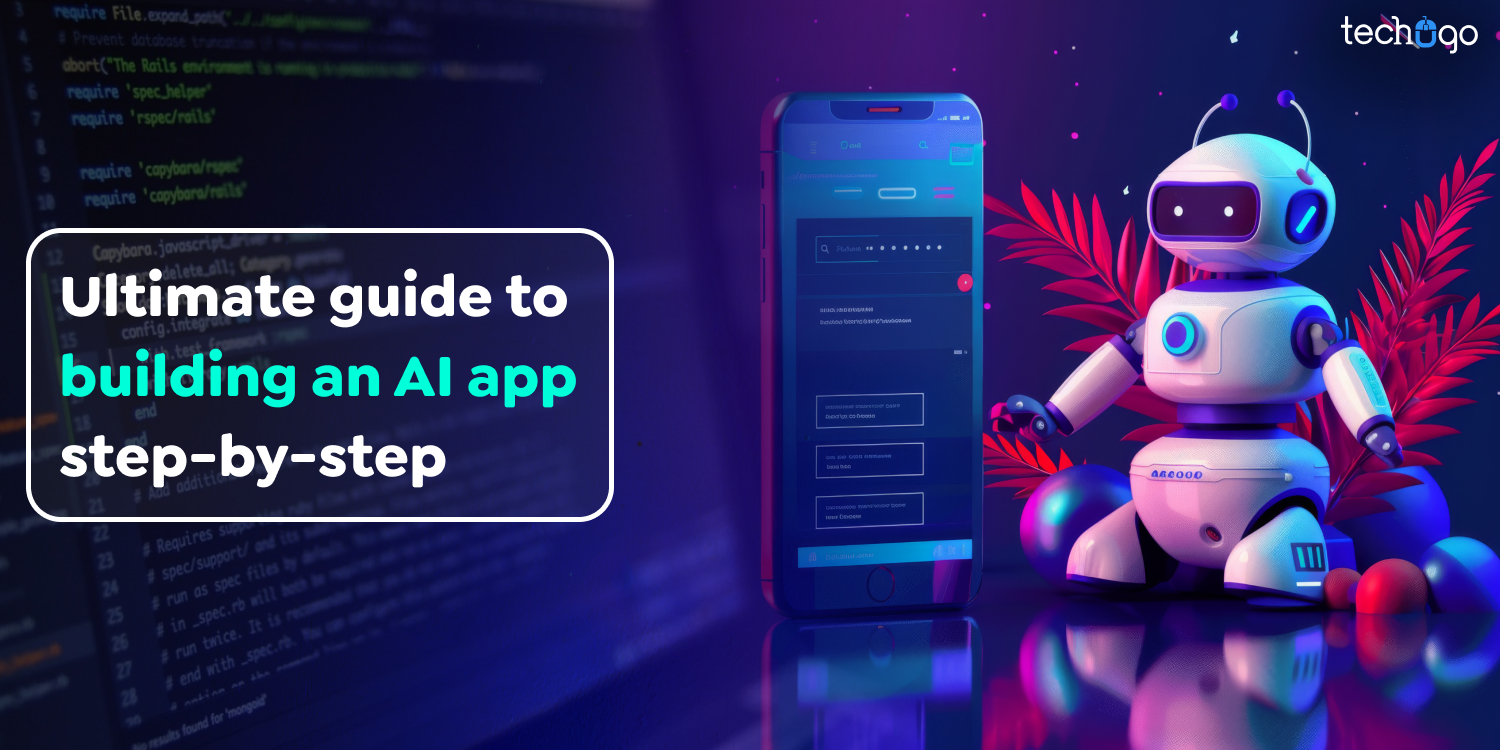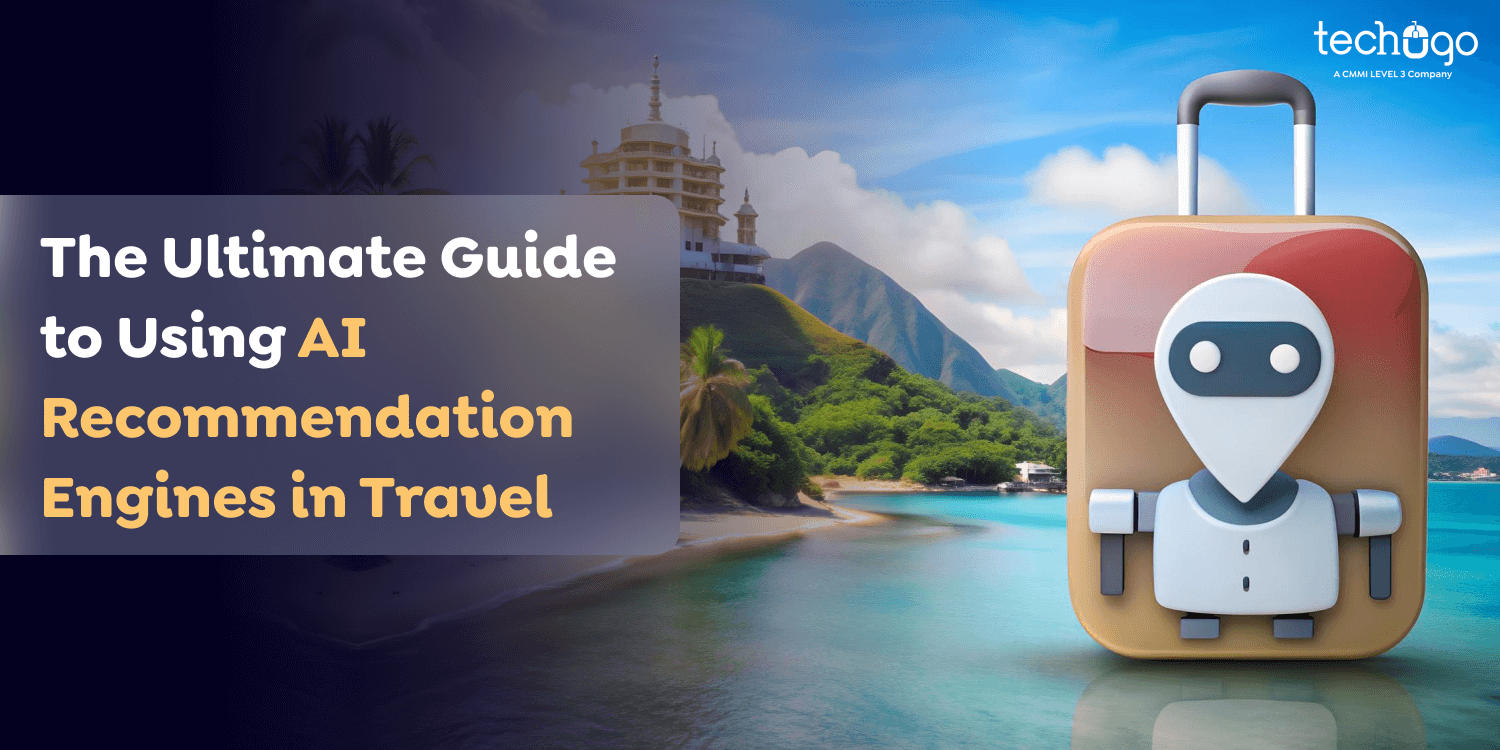10 Oct 2024
Understanding the Significance of AI in the Energy Sector: Key Benefits and Use Cases
Matthew Connor
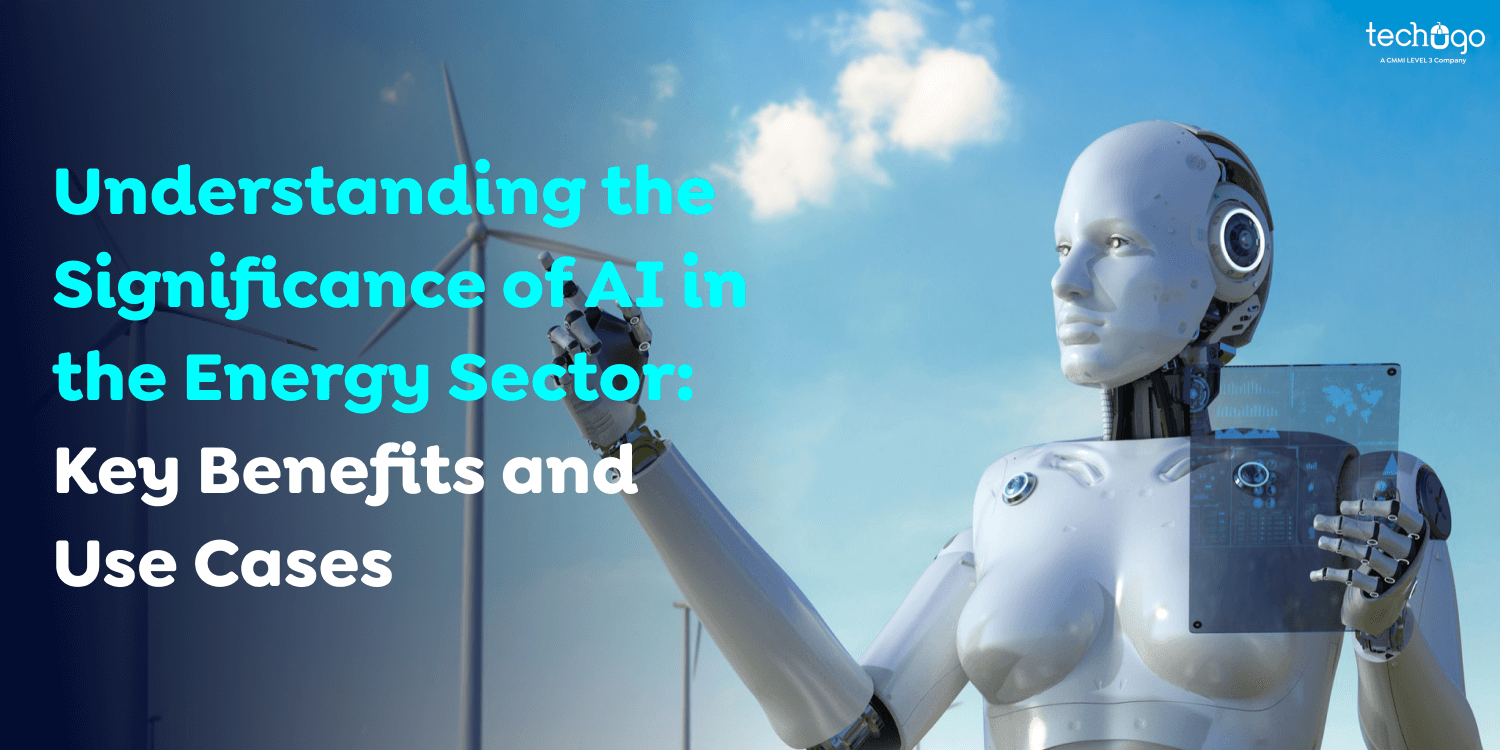
The proliferation of grid-connected devices, such as EV charging stations and residential solar panel systems in the energy industry increases the uncertainty of energy flow through the grid. The cloud-connected grid increases the number of data points available for studying electricity demand and tracking efforts to decarbonize.
According to research conducted by Greenbyte AB, the worldwide fleet of wind turbines generates over 400 billion data points annually. AI in energy sector is a crucial method of tackling and analyzing the massive amount of data generated by the grid and its connected devices.
AI in energy sector can quickly process a lot of grid-generated data. AI’s predictive capabilities allow energy companies to analyze data in the present, compare it to historical data, and forecast demand for the electrical power supply or the state of electrical appliances.
Self-learning capabilities are a feature of ML (machine learning) in the energy sector, a subset of AI, that ensures it learns from past data and assists with grid optimization and energy trading. There are many interesting aspects of AI’s benefits, uses, and applications in the energy sector. This article will discuss a few of them.
Significant Benefits of Leveraging AI in Energy Industry
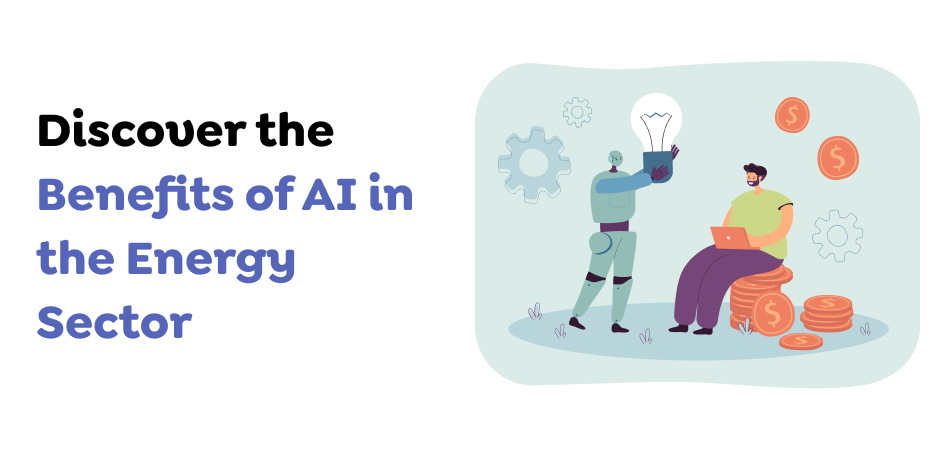
AI in energy industry plays a vital role by enhancing production efficiency, reducing carbon footprint and costs, providing safer working conditions, and improving customer retention.
This is a comprehensive overview of all of their benefits and advantages.
1. Efficient Energy Production
AI has demonstrated its ability to process large amounts of energy-related data quickly and efficiently. It can process data from past consumption statistics, reports of power outages or overloads to systems, and reports on overloads or outages. This data provides intelligent insight and strategies to increase production by equally distributing production to areas or times of high demand.
2. Safe Work Environment
Reducing production costs for energy companies could lead to lower-cost energy-related consumer offers.
Energy professionals often work in dangerous conditions (for example, offshore drilling rigs or power lines with higher voltages) that expose them to hazardous materials and the possibility of accidents or explosions to provide them with an environment that is safer for them to work in.
Artificial Intelligence can reduce this risk by automating tasks like monitoring equipment in dangerous or remote areas.
3. Reduced Cost
AI in energy sector will also allow companies to reduce their business costs. For example, Artificial Intelligence can help companies predict machinery maintenance and identify potential problems earlier, which can help them avoid costly repairs or money losses in the event of a shutdown.
4. Better Customer Appeal
Customers are more interested in energy companies’ steps to become more sustainable, like using renewable energy sources instead of nonrenewable ones. Using AI to address environmental issues is one way to show energy companies that they’re investing in green methods, giving them an advantage in the market.
5. Reduce Carbon Emissions
The AI technology within the energy industry allows companies to predict the power needed at any time or place accurately. AI assists energy companies in producing only the amount that customers need- thereby ensuring that no carbon emissions are released into the environment!
Artificial Intelligence can help energy companies predict when renewable energy sources like sunlight or wind will be available, such as on warm or sunny days. This knowledge allows energy firms to design production strategies that maximize the use of sustainable energy sources in their operations.
Also Read : AI in Dating Apps! Swiping into the Future of Making Matches via Technology
Challenges with AI Applications in the Energy Sector
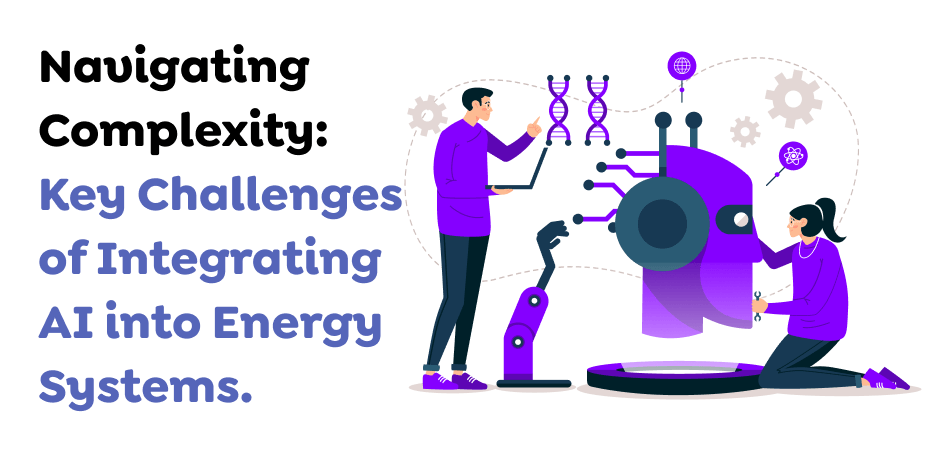
While AI implementation can bring many benefits, businesses may be faced with a myriad of issues. The risks associated with technical apprehension, a lack of willingness to change staffing levels, inadequate qualifications for employees, and outdated infrastructure, as security concerns, must all be taken into consideration before committing to such an endeavor.
1. Change Reluctance
For artificial Intelligence to function efficiently in a company’s energy sector, staff and stakeholders must embrace changes. This means establishing new processes and learning new techniques that some might find difficult.
2. Tech Unfamiliarity
Although AI has become commonplace, many people do not understand how it works and its strengths, weaknesses, and potential, which can make investing in the technology likely to be a waste for the energy industry’s stakeholders.
3. Underqualified Personnel
The most effective AI deployment in energy firms requires skilled app development company in Canada with a solid understanding of AI technology and the specifics of their industry—rare and precious indeed!
4. Cybersecurity Risks
Energy infrastructure is crucial, and security breaches are all the more dangerous. Many critics have reservations about using artificial Intelligence in industries because it might make vulnerable data and energy systems more vulnerable to cybercriminals.
5. Artificial Intelligence Solutions Require Comprehensive Data
AI solutions rely on high-quality, comprehensive data sets to work. If the energy industry’s infrastructure is old, gathering an all-inclusive database could prove difficult, and therefore, before introducing artificial Intelligence, they should update their storage and management systems in line with it.
Also Read : Revolutionizing Supply Chain Efficiency: The Role of AI in Demand Forecasting
Use Cases of AI in the Energy Industry

It is time to look at AI Use Examples to help achieve Energy Industry Goals by 2024.
1. Energy-Efficiency Programs
Programs to improve energy efficiency, an essential component of the Sustainable Development Goals, have been increasingly incorporating AI-powered initiatives to improve forecasting capabilities and dynamic regulation of consumption during peak times. These initiatives go way beyond monitoring simply, with efficient AI solutions for forecasting prediction and flexible regulation during periods of high demand.
Predictive analytics can be used to design and implement specific energy efficiency strategies at a variety of levels, from small businesses to local governments.
2. Predictive Maintenance
Machine learning algorithms analyze massive data sets of usage statistics, weather information, and maintenance records from the past to find patterns or signs that suggest imminent failures. This allows for intervention before issues develop.
Predictive analysis enables businesses to cut downtime by anticipating problems before they happen and optimizing repair schedules. It also reduces costs by maximizing cost-cutting strategies.
3. Renewable Energy Forecasting
AI in energy sector provides more precise renewable energy forecasting based on diverse sources such as solar and wind. To do this, it examines forecasts of weather, historical generation data, and current conditions to find patterns and relationships that can help determine the production accurately.
In this way, energy providers can anticipate the amount of renewable energy available and the optimal equilibrium between demand and supply for renewable energy, thereby improving grid management and the blend of renewable energy sources into power systems.
4. Energy Storage
AI algorithms analyze demand, supply, and network conditions to determine the best time, date, and method to store, release, and distribute energy. Renewable sources can increase their reliability by reducing dependence on weather conditions by storing excess energy induced during peak times for later release.
In crucial places like hospitals, information centers, or emergency facilities with reliable power backup sources, it is not just practical but could be life-saving!
5. Renewable Energy Integration
Artificial Intelligence, in conjunction with machine learning, allows for precise forecasting and prediction of the optimal conditions for effortlessly integrating renewable energy sources.
Advanced forecasting methods for solar and wind farms provide precise output power distribution, balancing existing systems.
6. Emission Tracking
AI programs accurately track greenhouse gas emissions in all supply chains to meet global efforts and zero net goals. This technology enables companies to spot hot spots for emissions to optimize processes, as well as adopt specific measures to reduce carbon emissions. Energy companies can achieve sustainability goals with this information, making better-informed choices that support sustainability goals.
7. Carbon Capture, Utilization, and Storage (CCUS)
AI-powered systems are precise in choosing the best method of using carbon capture for industrial processes or long-term storage, thereby helping to tackle urgent climate change mitigation through its reduction of greenhouse gasses while minimizing the impacts of climate change. This technology is essential in combating global climate change via efforts to reduce emissions and minimize the bad effects of climate change.
You can optimize the capture process to gain maximum efficiency while also deciding on the storage location and how to store any carbon dioxide that is captured.
8. Energy Trading
AI has revolutionized energy trading. Businesses can make informed and profitable trading choices by processing data on prices, supply, and demand patterns.
Risk management depends on accurately assessing the market’s volatility and uncertainty. AI can optimize energy portfolios and create marketing, analyze, automate processes, and continue to adapt to market adaptations that change.
9. Oil and Gas Exploration
The careful analysis of artificial Intelligence’s geophysical data allows it to uncover inaccessible reserves of gas and oil that would otherwise be a mystery to conventional methods of detection and evaluates its viability in exploration efforts that target promising areas.
AI also plays an integral role during drilling activities. Analyzing the geological formations, drilling equipment’s performance, and environmental conditions help identify potential threats and obstacles to drilling operations. This aids drilling crews in solving issues swiftly while increasing safety and enhancing procedures.
10. Failure Prediction and Prevention
Power lines that were not functioning correctly were blamed for the California wildfires that killed 42 people in the past. Artificial Intelligence can now help us avoid and prevent the occurrence of such catastrophes by analyzing predictively.
This technology can predict overloads of nuclear systems and early warning signs of component failure, such as transformers. In addition, its capabilities have proved particularly useful when diagnosing issues specific to the energy sector, like corrosion, weak insulation, cracks, or missing rivets.
11. Disaster Recovery
AI can aid disaster response by providing damage assessment capabilities and decision-support tools that facilitate decision-making. The integration of AI can also improve the resilience of critical infrastructure while reducing the time required to repair essential services and speeding up their restoration.
12. Digital Twins
Digital twins are multidimensional visual representations of installations, processes, or physical objects. They are especially relevant to the energy industry, where they are used to study complex systems such as power generators and wind turbines.
Digital twins aid in maintaining, experimenting with, and improving conventional or green energy infrastructures, increasing decision-making, and improving the overall efficiency and sustainability of the energy infrastructure.
13. Smart Homes
Internet of Things (IoT) and artificial Intelligence join forces to create intelligent environments. Monitoring real-time energy consumption data can help provide AI with the most efficient use of energy.
AI can control heating and cooling systems, for instance. By considering users’ preferences, real-time occupancy patterns, weather conditions, and precisely changing climate settings, AI is capable of accurately setting temperatures to reduce energy consumption while substantially increasing comfort. This can result in substantial cost savings since energy losses are reduced while overall comfort is increased.
14. Future Outlook
Artificial Intelligence (AI) and renewable energy can positively alter the global energy landscape. As we move into the next era of technology, AI’s role in enhancing renewable energy production is exciting.
-
Advanced AI Models:
As AI technology advances, more sophisticated models and algorithms will enhance the accuracy of energy forecasting, grid management, predictive maintenance, and overall system efficiency.These developments will enable the renewable power systems of tomorrow to reach maximum efficiency at every stage of their lives.
-
Integration with Emerging Technologies:
AI’s combination with other innovative technologies like Blockchain and the Internet of Things (IoT) could bring about a new era of sustainable energy management. Imagine intelligent grids powered by AI/IoT that instantly adjust to changing energy needs or blockchains that provide the security of energy trading processes—they could be a reality within the next few years!
-
Decentralized Energy Systems:
Artificial Intelligence has the potential to revolutionize not only large-scale renewable projects but also decentralized energy systems. Through artificial intelligence-powered homes and communities, these systems could improve the localization of production, storage, and consumption, paving the way for self-sustainable microgrids.
-
Global Partnerships:
The threat of climate change requires global solutions. Therefore, we must anticipate growing international collaborations between corporations, nations, researchers, and scientists around Artificial Intelligence and renewable energy technology to propel innovations forward and share best methods.
Real-life Examples of using AI in the Energy Industry
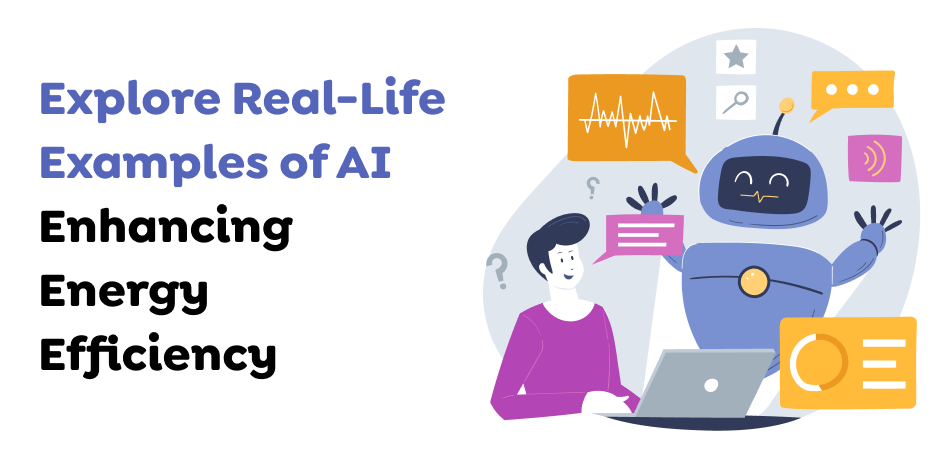
AI in energy enables better planning and facility management decisions, decreases environmental burden, and maximizes energy storage and distribution efficiency. This is why numerous world-renowned energy companies, such as Shell, Chevron, and Saudi Aramco, have already integrated AI into their operations.
Here’s a more detailed review of how these businesses use AI.
1. Shell
The technology can also aid in the automated maintenance of Shell facilities. According to Dan Jeavons, vice president of digital innovation and computational science at Shell, AI controls 10,000 equipment items.
The company has also joined forces with C3 AI, Microsoft, and Baker Hughes to work on the Open AI Energy Initiative (OAI). This AI-based ecosystem of solutions aims to aid in the energy industry’s digital transformation. The OAI allows energy companies and vendors to develop interoperable products based on the BHC3 AI Suite and Microsoft Azure.
2. Chevron
The Chevron energy corporation uses artificial Intelligence to construct digital replicas of its buildings. Chevron employees can access the required data through these digital replicas and conduct predictive maintenance and equipment optimization.
The company also employs artificial Intelligence to speed up research. For example, geologists had to conduct multiple wells to collect information when studying subsurfaces. AI dramatically reduces the number of wells needed by predicting precise underground conditions from historical data. This is efficient and decreases Chevron’s carbon footprint.
3. Saudi Aramco
Saudi Aramco, a natural gas and oil company, is aiming to become the most popular digital energy firm. It is currently applying artificial Intelligence to its operations.
For instance, the technology is utilized in Abqaiq, the largest oil processing facility and refinery stabilization plant worldwide. This technology allows for automated adjustments to stabilizing oil, resulting in improved power generation efficiency and significant reductions in CO2 emissions.
Saudi Aramco also uses AI to forecast flaring (the burning and release of hydrocarbon gas), which permits it to initiate immediate remedial actions.
Conclusion
To succeed in a changing energy market and increase business value, businesses must implement AI in energy sector and integrate solutions such as digital twins, predictive maintenance, and energy forecasting. Techugo is an AI app development company that assists businesses in improving their decision-making processes and simplifying processes powered by AI. Techugo’s team trains and educates employees to become familiar with the latest AI tools and techniques to maximize the benefits of your AI initiatives.
Get in touch with us today to explore how AI in energy sector can transform your business and drive efficiency!
Get In touch
We are excited to here from you and let’s start something special Together. Call Us for any inquiry.
Write us
sales@techugo.caJust a call away
About you

